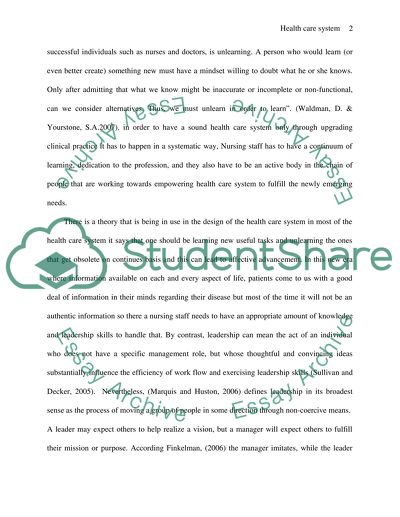Cite this document
(Management Skills Required by the Newly Qualified Staff Nurse Coursework, n.d.)
Management Skills Required by the Newly Qualified Staff Nurse Coursework. https://studentshare.org/nursing/1550190-critically-explore-the-management-and-leadership-skills-required-by-the-newly-qualified-staff-nurse
Management Skills Required by the Newly Qualified Staff Nurse Coursework. https://studentshare.org/nursing/1550190-critically-explore-the-management-and-leadership-skills-required-by-the-newly-qualified-staff-nurse
(Management Skills Required by the Newly Qualified Staff Nurse Coursework)
Management Skills Required by the Newly Qualified Staff Nurse Coursework. https://studentshare.org/nursing/1550190-critically-explore-the-management-and-leadership-skills-required-by-the-newly-qualified-staff-nurse.
Management Skills Required by the Newly Qualified Staff Nurse Coursework. https://studentshare.org/nursing/1550190-critically-explore-the-management-and-leadership-skills-required-by-the-newly-qualified-staff-nurse.
“Management Skills Required by the Newly Qualified Staff Nurse Coursework”. https://studentshare.org/nursing/1550190-critically-explore-the-management-and-leadership-skills-required-by-the-newly-qualified-staff-nurse.


